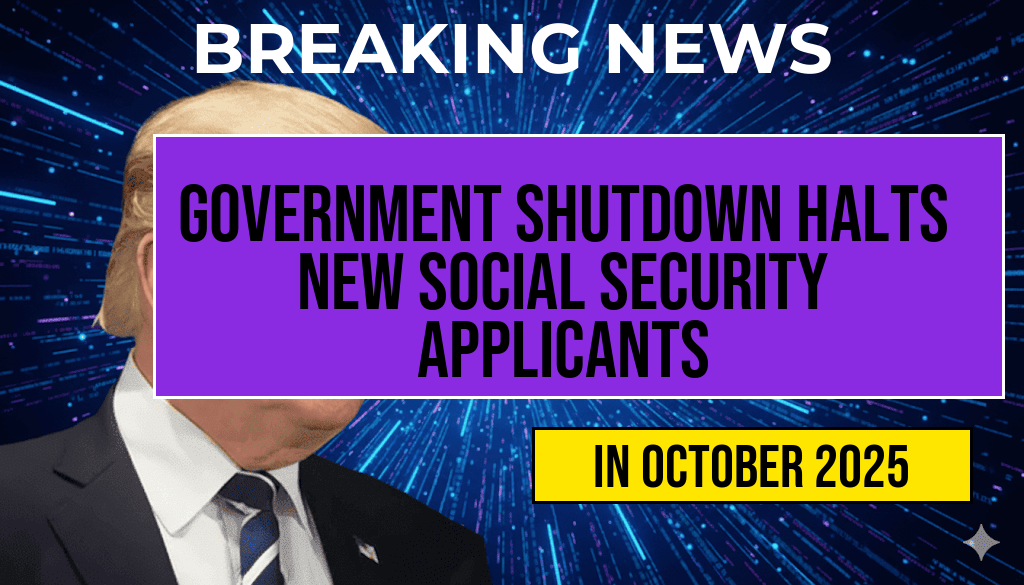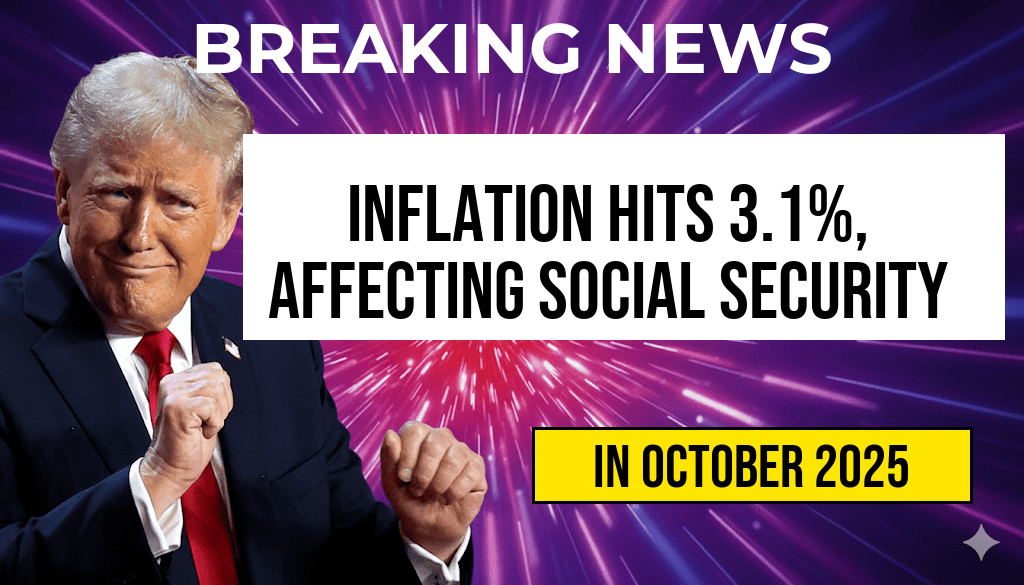The ongoing government shutdown has introduced a significant divide among Social Security recipients in the United States. While current beneficiaries continue to receive their monthly payments as usual, new applicants seeking benefits are facing an unprecedented freeze in processing their claims. This situation has raised concerns among advocates and potential beneficiaries who rely on Social Security for financial stability. The shutdown, which has stretched on for weeks, has impacted multiple federal programs, but the effects on Social Security have been particularly pronounced, creating an environment of uncertainty for many Americans looking to secure their financial future.
Current Beneficiaries Remain Unaffected
For those already enrolled in the Social Security system, the disruption caused by the government shutdown has had minimal impact. Monthly benefit payments are continuing as scheduled, allowing millions of retirees, disabled individuals, and survivors to receive their financial support without interruption. The Social Security Administration (SSA) has confirmed that funds for existing beneficiaries are secure, as these payments are funded through the Federal Insurance Contributions Act (FICA) payroll taxes collected from workers and their employers.
Stability Amid Uncertainty
- Current beneficiaries include retirees, disabled persons, and survivors.
- Payments are funded through FICA taxes, ensuring stability for existing recipients.
- The SSA has assured beneficiaries that their payments will not be affected during the shutdown.
New Applicants Face Processing Delays
In stark contrast, individuals seeking to apply for Social Security benefits are experiencing significant hurdles. New applicants report long delays and a complete halt in the processing of their claims. The SSA has temporarily suspended many of its services, leaving many potential beneficiaries in limbo as they await crucial support. This freeze affects a wide range of applicants, including those applying for retirement benefits, Social Security Disability Insurance (SSDI), and Supplemental Security Income (SSI).
The Impact on New Applicants
- Delays affect all new claims, including retirement and disability benefits.
- Potential beneficiaries are experiencing financial strain due to the processing freeze.
- Advocacy groups are calling for immediate action to address these issues.
The Broader Implications of the Shutdown
The government shutdown, which has persisted due to political disagreements over budget allocations, has broader implications that extend beyond Social Security. Federal employees are facing furloughs, and essential services are being disrupted across various departments. The SSA is not alone in confronting challenges; other agencies, including the Department of Veterans Affairs and the Internal Revenue Service, are also grappling with the consequences of the shutdown.
Advocacy and Assistance
With the current situation, advocacy groups are urging the government to prioritize the processing of Social Security claims as a matter of urgency. Organizations such as the National Organization of Social Security Claimants’ Representatives (NOSSCR) are mobilizing efforts to ensure that the rights of new applicants are protected during this challenging period. They emphasize the need for a swift resolution to the shutdown in order to restore normal operations within the SSA.
What Potential Applicants Can Do
For those affected by the freeze, it is essential to stay informed and prepared. Here are some steps potential applicants can take during this uncertain time:
- Stay Informed: Monitor updates from the SSA regarding the status of claims processing.
- Gather Documentation: Ensure all necessary documentation is ready for when processing resumes.
- Contact Representatives: Reach out to local congressional representatives to express concerns about the impact of the shutdown on Social Security applications.
Future Outlook
The future of the government shutdown remains uncertain, and its resolution will play a crucial role in determining how swiftly the SSA can resume normal operations. As discussions continue in Congress regarding budget negotiations, the hope is that a bipartisan solution will emerge to alleviate the pressures faced by new Social Security applicants. Until then, the divide between current beneficiaries and new applicants underscores the far-reaching impacts of the ongoing stalemate.
For more information on Social Security benefits and the ongoing government shutdown, you can visit Social Security Administration or read about the implications of the shutdown at Forbes.
Frequently Asked Questions
What is the impact of the government shutdown on current Social Security beneficiaries?
During the government shutdown, current Social Security beneficiaries remain secure as their benefits are unaffected. Payments will continue to be disbursed on schedule, ensuring that existing recipients receive their funds without interruption.
How does the government shutdown affect new Social Security applicants?
New applicants for Social Security benefits face a complete freeze during the government shutdown. This means that their applications will not be processed, leading to delays in receiving their benefits.
Will the government shutdown have any long-term effects on Social Security?
While the immediate effects of the shutdown result in a disparity between current beneficiaries and new applicants, the long-term impact will depend on how quickly the government resolves the shutdown and resumes processing applications.
Are there any alternatives for new applicants during the shutdown?
Unfortunately, there are limited alternatives for new applicants during the shutdown. They cannot receive benefits or have their applications processed until the government resumes normal operations.
What should new applicants do while waiting for their Social Security benefits?
New applicants are encouraged to stay informed about the status of the government shutdown and to prepare any necessary documentation for when the processing of applications resumes. Additionally, exploring other financial resources may be beneficial during the waiting period.












